DIY: Environmentally Friendly Workshops
Teacher(s): Mette Skamris
Lessons: 2/week
In a world where consumption is growing in ever increasing rates and waste is piling up on in mountains and plastic-soup-oceans. More and more people ask themselves – how can I change this? Many wants to do something. However, some people are but of by lack of time, don’t know how, or don’t have the skills to start. However, doing something your-self sparks your creativity and many also feel more satisfied and powerful when doing something.
In this Folk High School Class we are not solving the global problems of waste and consumption, but we will learn step by step, to succeed in our small-scale DIY projects. Do it yourself (“DIY”) is the method of building, modifying, or repairing things without the direct aid of experts or professionals. In class you will get a lot of practical skills that will enable you to carry different small environmentally friendly workshops/projects.
You will learn to:
Get a better understanding of materials and how to maintain, repair, and reduce waste, while creating better designs that benefit you, people you share the Earth’s resources with and the Environment.
The focus of this folk high school class:
Upcycling, also known as creative reuse, is the process of transforming by-products, waste materials, useless, or unwanted products into new materials or products perceived to be of greater quality, such as artistic value or environmental value.
Reusing – giving something that others throw away a new life. You learn about many kinds of materials, and about how they can be recycled in a new way.
How we approach it:
We will search and find materials that are too good to be thrown out and find creative ways of giving them new purpose and life. Wine bottles are cut over and given new life as drinking glasses and lamps. Old pallets turn into new furniture – old furniture is painted, redesigned and perhaps decorated with clippings from old magazines. You will also get the basic skills for working with paper-craft, sewing, and woodwork. The first 4 classes will be structured around specific materials and techniques, such as glass/porcelain, wood, paper, and textile. Then the remaining classes are open for your own ideas for design and materials.







